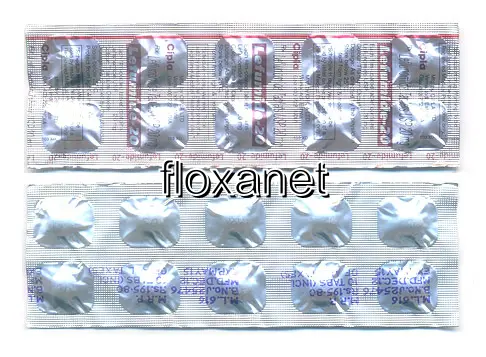| Package | Dosage | Price | Price per Dose | |
|---|---|---|---|---|
| Dosage: 10mg | ||||
| 240 pill | 10mg | $513.55 | $2.14 | |
| 180 pill | 10mg | $387.24 | $2.15 | |
| 120 pill | 10mg | $260.93 | $2.18 | |
| 90 pill | 10mg | $206.80 | $2.29 | |
| 60 pill | 10mg | $144.34 | $2.40 | |
| 30 pill | 10mg | $77.71 | $2.57 | |
| 10 pill | 10mg | $29.13 | $2.94 | |
| Dosage: 20mg | ||||
| 120 pill | 20mg | $476.07 | $3.97 | |
| 90 pill | 20mg | $363.64 | $4.04 | |
| 60 pill | 20mg | $256.77 | $4.29 | |
| 30 pill | 20mg | $140.17 | $4.66 | |
| 10 pill | 20mg | $51.34 | $5.15 | |

Leflunomide Description
Overview of Leflunomide
Leflunomide is an immunomodulatory medication primarily used to treat autoimmune diseases such as rheumatoid arthritis and psoriatic arthritis. It is classified as a disease-modifying antirheumatic drug (DMARD). The medication works by suppressing the immune system's abnormal activity, which helps reduce inflammation, pain, and joint damage. Leflunomide is usually prescribed when other treatments, like non-steroidal anti-inflammatory drugs (NSAIDs) or corticosteroids, have not provided sufficient relief. It is taken orally, usually once daily, and requires regular medical supervision and blood tests to monitor its effects and side effects.
Mechanism of Action
Leflunomide inhibits the enzyme dihydroorotate dehydrogenase, an essential component in the de novo pyrimidine synthesis pathway. By blocking this enzyme, it impairs the proliferation of activated T lymphocytes and B cells, which play a critical role in the inflammatory process of autoimmune conditions. This suppression helps decrease the production of inflammatory cytokines and autoantibodies, ultimately leading to reduced joint inflammation and damage. The drug has a long half-life, which means it stays in the body for an extended period, making adherence to the dosing schedule important for maintaining its effectiveness.
Effectiveness and Benefits
Many patients report significant improvement in symptoms after starting Leflunomide. It can help reduce joint swelling, tenderness, and stiffness associated with rheumatoid arthritis. Long-term use has been shown to slow the progression of joint damage and deformities. Some individuals experience increased mobility and an overall enhancement in quality of life. As a disease-modifying agent, Leflunomide offers a different approach from symptomatic relief medications, providing more durable disease control when used correctly. However, effectiveness can vary between individuals, and it often takes several weeks to notice the full benefits.
Possible Side Effects and Risks
Like all medications, Leflunomide carries potential side effects. Common adverse reactions include gastrointestinal issues such as diarrhea, nausea, and abdominal discomfort. Some patients may experience elevated liver enzymes, indicating possible liver toxicity, which warrants regular liver function tests. Hair thinning, rash, and mild infections are also reported. More serious but less common side effects include liver damage, blood abnormalities like leukopenia or anemia, and lung toxicity. Due to its immunosuppressive nature, Leflunomide can increase the risk of infections. It is contraindicated during pregnancy, as it may cause fetal harm, and women of childbearing age are advised to use effective contraception during treatment and for several months afterward.
Precautions and Usage Recommendations
Patients taking Leflunomide should undergo regular blood tests to monitor liver function and blood cell counts. It is essential to inform healthcare providers about any existing liver issues or infections before starting therapy. Contraception is strongly recommended for women of childbearing age, and pregnancy should be avoided during treatment and for at least two years after discontinuation unless an accelerated elimination procedure is undertaken. Alcohol consumption should be minimized or avoided, as it can increase the risk of liver toxicity. Patients should report any signs of side effects immediately, including unusual fatigue, yellowing of the skin or eyes, or signs of infection. Following the prescribed dosing schedule and attending routine check-ups are vital to ensure safe and effective treatment.
